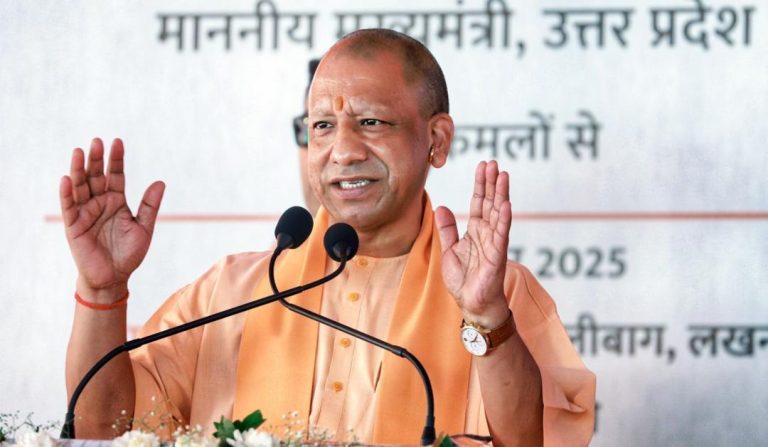
Title: Influencers Turn Startup Founders in India’s D2C Boom
The digital landscape in India has given rise to a new phenomenon, where social media influencers are leveraging their massive followings to launch their own startups in the beauty, fashion, and wellness sectors. This trend is part of the larger Direct-to-Consumer (D2C) boom, which is transforming the way businesses operate and interact with their customers. In this blog post, we will explore how influencers are turning their online influence into offline success stories, and what this means for the Indian startup ecosystem.
The Rise of the Influencer-Entrepreneur
In the past, influencers were primarily seen as social media personalities who promoted products and services to their followers. However, with the growth of e-commerce and the D2C model, influencers are now taking the next step by launching their own startups. This shift is driven by the realization that their online influence can be a powerful tool for building a loyal customer base and generating revenue.
One of the earliest examples of this trend is Anomaly, a beauty and wellness brand co-founded by influencer-turned-entrepreneur, Tanvi Dhoot. Anomaly offers a range of products, including skincare, haircare, and makeup, all of which are developed in collaboration with experts in the beauty industry. With over 1.5 million followers on Instagram, Dhoot’s online presence has been instrumental in promoting the brand and driving sales.
Another successful example is Underneat, a fashion brand co-founded by influencer-turned-entrepreneur, Anushka Chawla. Underneat offers a range of clothing and accessories, all of which are designed and curated by Chawla herself. With over 1 million followers on Instagram, Chawla’s online influence has been key in building a loyal customer base for the brand.
The Power of Personal Influence
So, what sets these influencer-entrepreneurs apart from traditional startup founders? The answer lies in their unique ability to leverage their personal influence to drive product innovation and customer engagement. By being close to their audience and understanding their needs and preferences, influencers are able to create products that are tailored to their followers’ tastes and lifestyles.
This personalized approach has several benefits for the startup. Firstly, it allows the brand to build a loyal customer base quickly, as followers are eager to support their favorite influencers. Secondly, it enables the brand to gather valuable feedback and insights from their customers, which can be used to refine their products and services.
Thirdly, the personalized approach can also help to increase customer retention rates, as customers feel a strong emotional connection to the brand. According to a report by McKinsey, companies that focus on building strong relationships with their customers can increase their customer retention rates by up to 20%.
The Rise of D2C and Shopify
The growth of the D2C model has also played a significant role in enabling influencers to turn their online influence into offline success stories. D2C platforms like Shopify have made it easy for entrepreneurs to set up their own e-commerce stores and start selling products directly to customers.
Shopify’s platform provides a range of tools and services, including website building, payment processing, and shipping integration, making it easy for entrepreneurs to manage their online stores and focus on what they do best – creating great products and engaging with their customers.
The benefits of the D2C model for influencers are numerous. Firstly, it allows them to cut out the middleman and sell their products directly to customers, increasing their margins and profitability. Secondly, it enables them to build a loyal customer base quickly, by providing a seamless and personalized shopping experience.
Thirdly, the D2C model also allows influencers to gather valuable data and insights about their customers, which can be used to refine their products and services. This data can also be used to create targeted marketing campaigns and promotions, which can help to increase customer engagement and loyalty.
Conclusion
The rise of influencers as startup founders is a significant trend in India’s D2C boom. By leveraging their online influence to launch their own startups, influencers are able to create products that are tailored to their followers’ tastes and lifestyles. The power of personal influence has been instrumental in driving product innovation and customer engagement, and has helped to build a loyal customer base for these startups.
As the D2C model continues to grow and evolve, we can expect to see more influencers turning their online influence into offline success stories. With platforms like Shopify providing the tools and services they need to succeed, the future looks bright for influencer-entrepreneurs in India.
News Source:






